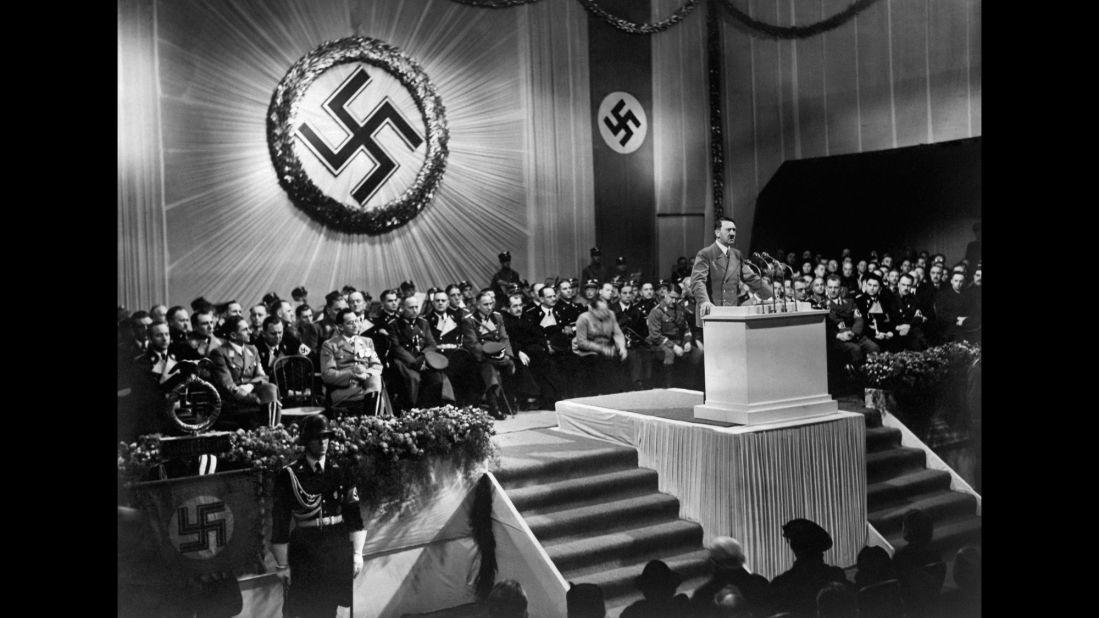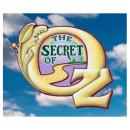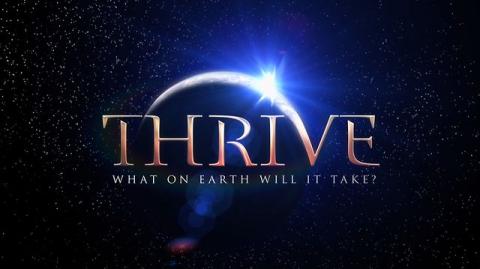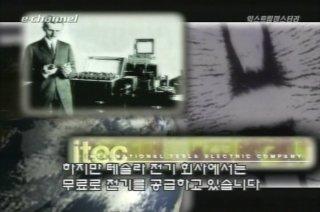Original GNU/Linux Operating System Developer - Richard Stallman Speech

Description
Richard Stallman is the original developer of the GNU Operating System which is more commonly known as GNU/Linux. The Linux kernel is a small part of the overall Operating System which, in the GNU distribution of Linux, mostly consists of code and packages written by the GNU Project and also using the X Windows system, KDE and other components.
There are many other distro's of Linux such as Ubuntu Linux, Dream Linux, Red Hat Linux, SuSE Linux etc. but GNU/Linux is the original version of around 20+ different distributions of Linux which are all free to download and all software pakages on these operating systems are free to use and modify. The GNU Project were the pioneers of the Free Software Movement and ultimately the Open Source movement with the specific notion of personal freedom in mind. GNU development began back in 1983 before Linus Torvalds Linux Kernel was published under the GNU General Public License in 1991.
But, its about the philosophy. The philosophy behind GNU Free Software Foundation is simple, we should have the right to free, open source software and the more people contributing their free time to an open source project, the more everyone involved in the whole project benefits and people outside the project also benefit, and all for free. The idea is also simple, each person contributes some time towards the overall project and thousands of people are involved in the project. The benefit of contributing one mans worth of work but yet getting back the benefit of thousands of peoples contributions means that individually, we all gain a lot more than if we were to only look out for ourselves.
GNU gave rise to the GNU / GPL General Public License used by Free Software and Open Source software which lets people freely copy, modify and share code for the benefit of everyone. The condition for using GNU/GPL licensed code in your project is that you have to continue to keep free versions of your software available to the public seeing as you used free code to build yours. It makes evolution way more efficient than any system in operation in the real world.
GNU is a Unix-like computer operating system developed by the GNU Project, ultimately aiming to be a "complete Unix-compatible software system" composed wholly of free software. Development of GNU was initiated by Richard Stallman in 1983 and was the original focus of the Free Software Foundation (FSF). The latest alpha release of the GNU system is GNU 0.401, released on 1 April 2011, featuring GNU Hurd as the system's kernel. Other (non-GNU) kernels, most famously the Linux kernel, can also be used with GNU. The FSF maintains that Linux, when used with GNU tools and utilities, should be considered a variant of GNU, and promotes the term GNU/Linux for such systems, (leading to the GNU/Linux naming controversy). GNU is a recursive acronym for "GNU's Not Unix!", chosen because GNU's design is Unix-like, but differs from Unix by being free software and containing no Unix code. Programs released under the auspices of the GNU Project are called GNU packages or GNU programs. The system's basic components include the GNU Compiler Collection (GCC), the GNU Binary Utilities (binutils), the bash shell, the GNU C library (glibc), and GNU Core Utilities (coreutils). GNU developers have contributed Linux ports of GNU applications and utilities, which are now also widely used on other operating systems such as BSD variants, Solaris and Mac OS X. The GNU General Public License (GPL), the GNU Lesser General Public License (LGPL), and the GNU Free Documentation License (GFDL) were written for GNU, but are also used by many unrelated projects. A minority of the software used by GNU, such as the X Window System, is licensed under permissive free software licenses. Richard Stallman views GNU as a "technical means to a social end".
The plan for the GNU operating system was publicly announced on September 27, 1983, on the net.unix-wizards and net.usoft newsgroups by Richard Stallman. Software development began on January 5, 1984, when Stallman quit his job at theMassachusetts Institute of Technology (MIT) Artificial Intelligence Laboratory so that they could not claim ownership or interfere with distributing GNU as free software. Richard Stallman chose the name by using various plays on words, including the song The Gnu.
The goal was to bring a wholly free software operating system into existence. Stallman wanted computer users to be "free", as most were in the 1960s and 1970s – free to study the source code of the software they use, free to share the software with other people, free to modify the behaviour of the software, and free to publish their modified versions of the software. This philosophy was later published as the GNU Manifesto in March 1985. Richard Stallman's experience with the Incompatible Timesharing System (ITS), an early operating system written in assembly language that became obsolete due to discontinuation of PDP-10, the computer architecture for which ITS was written, led to a decision that a portable system was necessary. It was thus decided that GNU would be mostly compatible with Unix. At the time, Unix was already a popular proprietary operating system. The design of Unix had proven to be solid, and it was modular, so it could be reimplemented piece by piece.
Much of the needed software had to be written from scratch, but existing compatible third-party free software components were also used such as the TeX typesetting system, the X Window System, and the Mach microkernel that forms the basis of the GNU Mach core of GNU Hurd (the official kernel of GNU). With the exception of the aforementioned third-party components, most of GNU has been written by volunteers of the GNU Project; some in their spare time, some paid by companies, educational institutions, and other non-profit organizations. In October 1985, Stallman set up the Free Software Foundation (FSF). In the late 1980s and 1990s, the FSF hired software developers to write the software needed for GNU.
As GNU gained prominence, interested businesses began contributing to development or selling GNU software and technical support. The most prominent and successful of these was Cygnus Solutions, now part of Red Hat.
























